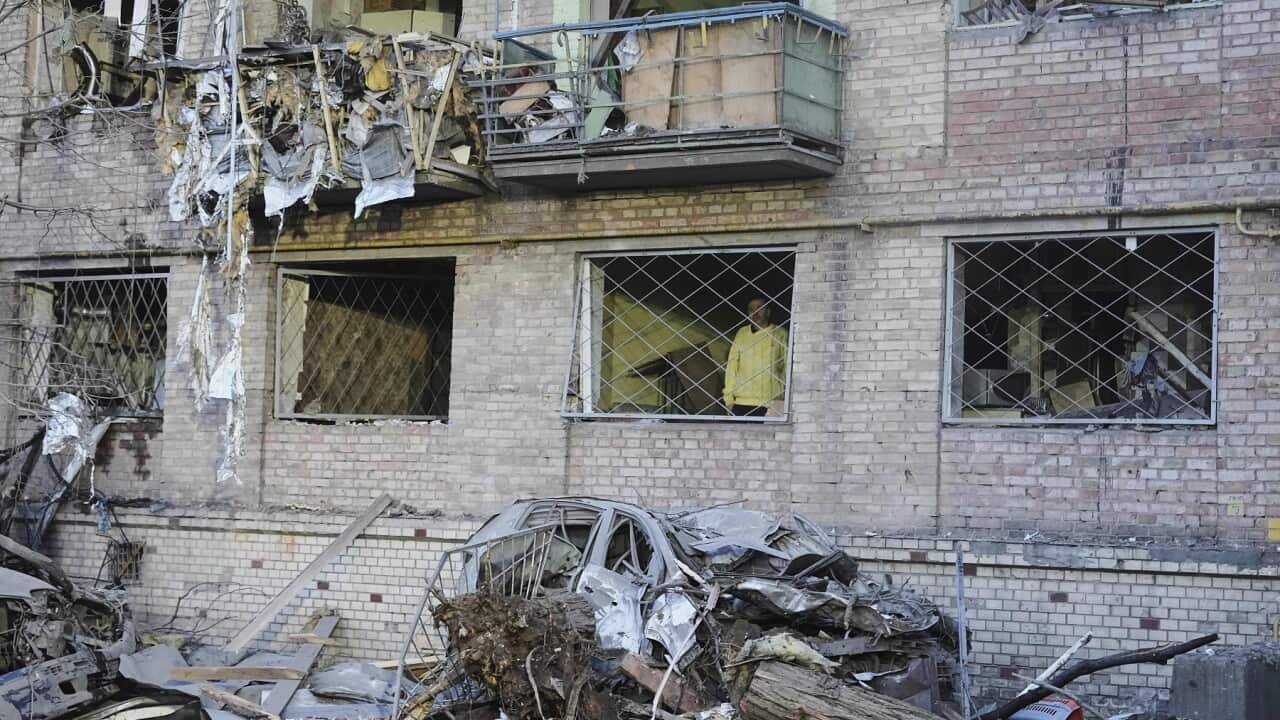TRANSCRIPT
India has launched a sweeping diplomatic offensive against Pakistan following a deadly gun attack on tourists in the Indian-controlled part of the disputed territory of Kashmir that’s left 26 people dead.
Both sides claim the whole of Kashmir as their own, but, in reality, part of it is controlled by India, and part by Pakistan.
As protesters burn Pakistani flags across Indian cities, the government has suspended a decades-old water treaty, expelled defence staff, and closed the main border crossing.
The attack happened on Tuesday [[22 apr]] in the Himalayan town of Pahalgam.
Tourists were enjoying the hills of Baisaran Valley when gunmen opened fire.
Among the victims, 25 Indian nationals and one Nepali.
Seventeen others were injured.
Responsibility was claimed by a previously unknown militant group calling itself Kashmir Resistance.
In a social media post, the group said the tourists weren’t ordinary civilians, but linked to Indian security agencies.
These claims remain unverified.
Foreign Secretary Vikram Misri delivered India’s official response following an emergency meeting of the Cabinet Committee on Security.
“The Indus Waters Treaty of 1960 will be held in abeyance with immediate effect, until Pakistan credibly and irrevocably abjures its support for cross-border terrorism.”
The suspension of the treaty which governs how water from the Indus River system is shared, marks a rare and serious escalation of the India-Pakistan dispute.
And that wasn’t the only measure.
“The Integrated Checkpost Attari will be closed with immediate effect. Those who have crossed over with valid endorsements may return through that route before 01 May 2025. Pakistani nationals will not be permitted to travel to India under the SAARC Visa Exemption Scheme. Any SVES visas issued are deemed cancelled, and those already in India have 48 hours to leave.”
India has also declared Pakistani defence, naval and air advisors in India unwelcome, ordering them to leave within a week.
“The Defence/Military, Naval and Air Advisors in the Pakistani High Commission in New Delhi are declared Persona Non Grata. They have a week to leave India. India will be withdrawing its own Defence/Navy/Air Advisors from the Indian High Commission in Islamabad. These posts in the respective High Commissions are deemed annulled.”
India’s military staff posted in the Pakistani capital, Islamabad are being pulled back as well.
Mr Misri said India is reducing the diplomatic strength of both countries' missions to just 30 staff each.
In the wake of the attack, the atmosphere across India has turned angry and defiant.
Protests have broken out in major cities.
In India, demonstrators are demanding retaliation.
Defence Minister Rajnath Singh, speaking at the funeral of Navy officer Vinay Narwal, promised India would strike back, not just at the gunmen, but their alleged backers.
“From this platform, I assure the people of our country that in view of the incident, the Government of India will take every step that is necessary and appropriate. And we will not only trace those who have carried out this incident but we will also trace those who, sitting behind the scenes, have conspired to commit such nefarious acts on the soil of India.”
Pakistan, for its part, has denied any involvement.
Its foreign ministry has offered condolences, but insists it had no role in the violence.
Meanwhile, representatives of separatist Kashmiri parties based in Pakistan, claim the attack was staged to coincide with the visit of U-S Vice President J-D Vance.
Ghulam Muhammed Safi is Conveyor of the All Parties Hurriyat Conference.
“While U-S Vice-president is on a visit to India, Indians want to give him a message that this is how Indian tourists are being killed in Indian Kashmir, you just see the timing of this incident.”
Rafiq Dar is the Pakistan-based spokesperson for the pro-independence Jammu Kashmir Liberation Front (JKLF).
“The US Vice-President is on a 4-day visit to India. We understand that this (incident) is a well-thought plot, it’s a conspiracy to malign the freedom movement of Kashmir. We condemn it very strongly. Along with this, we appeal to the international community, specially United Nations to investigate this incident on an international level so that the real culprits and all the facts are brought to light.”
They’ve not provided evidence to back that claim, and Indian authorities have dismissed it as disinformation.
Speaking from the tarmac in Agra, Mr Vance has addressed the tragedy directly.
"I want to just, of course, issue our condolences to the people of Kashmir who were affected by this terrible terrorist attack. The president's already spoken with Prime Minister Modi. I believe I'll be speaking with him later this afternoon. And obviously we're providing whatever assistance and help we can provide to the government, to the people of India."
The fallout from the attack has raised concern in Washington and beyond.
Both India and Pakistan are nuclear-armed states, and tensions have flared into open conflict before.
Now, with borders closed, diplomatic missions slashed, a water-sharing treaty suspended, and rhetoric hardening on both sides, the risk of miscalculation is rising.













